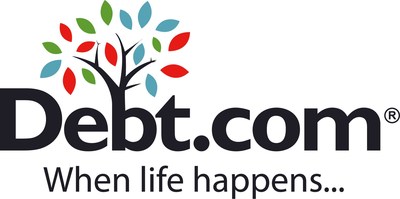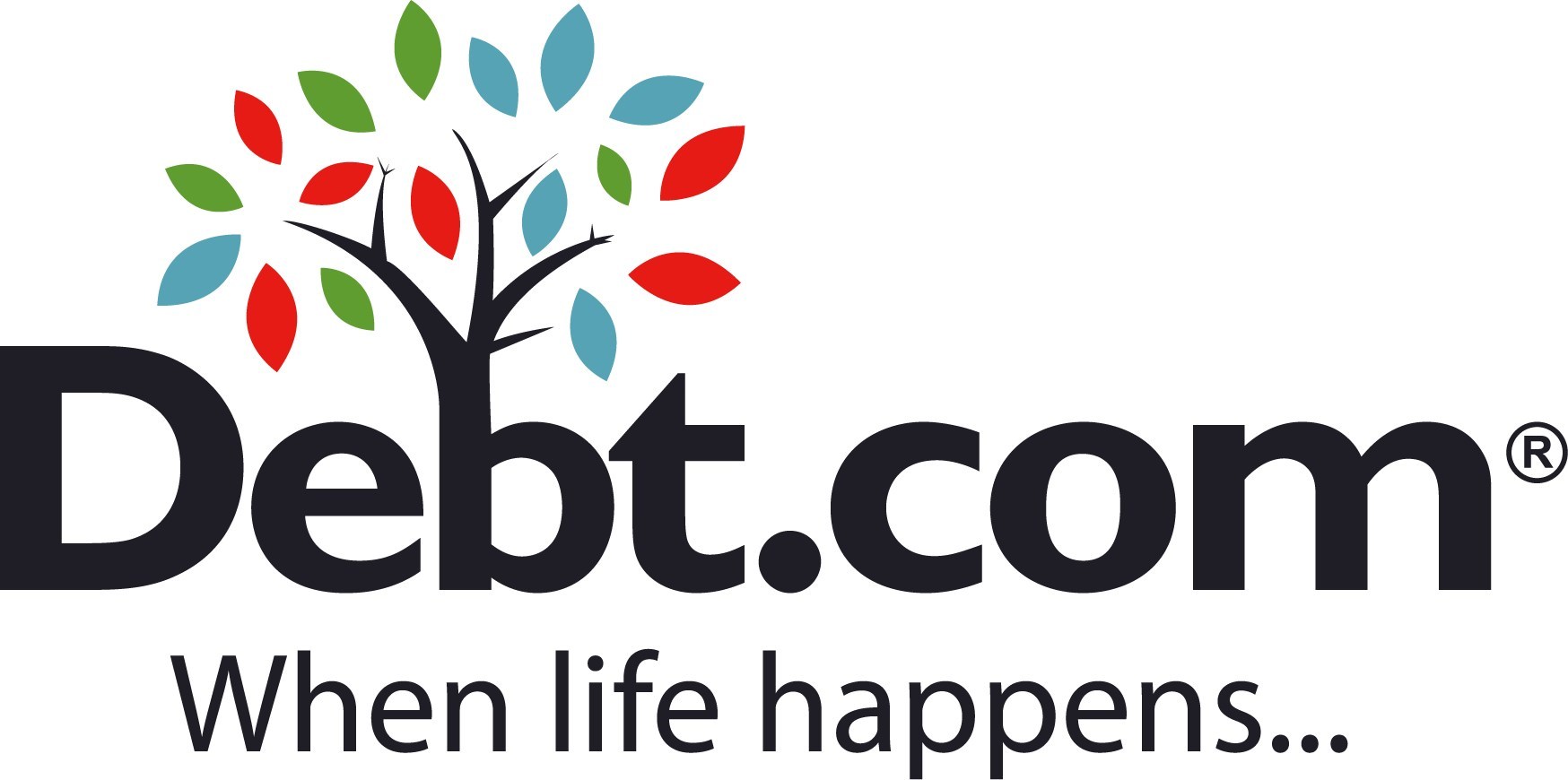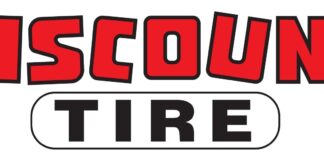Debt.com’s survey shows 45% rely on credit due to price increases, exposing fragile finances
FORT LAUDERDALE, Fla., March 13, 2024 /PRNewswire-HISPANIC PR WIRE/ — U.S. credit card debt recently hit a record high of $1.13 trillion.

Debt.com’s survey of over 1,000 adults shows that 35% of people have maxed out their credit cards in recent years while inflation and interest rates increased. More than 4 in 10 (45%) of all survey respondents cite price increases from inflation as the reason they used their credit cards to make ends meet. Nearly 9% of all respondents said they got a credit card to pay for a financial emergency.
“In today’s economic landscape, the surge in credit card debt is a stark indication of the financial strain faced by many Americans. With record-high debt levels and a significant portion of individuals maxing out their credit cards, it’s clear that households are grappling with unique challenges,” says Debt.com chairman, Howard Dvorkin, CPA.
Millennials’ Debt Nightmare: Overwhelming Credit Card Burden Hits Young Adults Hard
Thirty-one percent of respondents with at least $10,000 to $20,000 of credit card debt are millennials, while those carrying the highest debt load of $20,000 to more than $30,000, 13% are also millennials.
“Inflation and escalating living costs are forcing individuals to rely on credit cards as a lifeline. While credit cards can offer temporary relief, accumulating debt at a rapid pace is unsustainable and can lead to long-term financial repercussions. People need to exercise caution and seek alternate financial strategies to navigate these turbulent times,” Dvorkin continues.
Parental Influence: How Family and Retailers Shape Americans’ Credit Card Habits
When respondents were asked who introduced them to their first credit card, 32% said their parents, while 26% said retail stores offered them the first credit card and 12% said it was their school, university, or college.
“It’s enticing when we get those credit card offers, and exciting to get that first card; but cash is still the best way to pay. Anything you buy, try to pay cash. If you must use your card, pay off the balance the following month when the bill comes or you’ll end up paying interest; and consumers are being assessed interest rates on credit card balances at about 20%-25%,” said Dvorkin.
Debt.com’s Historical Perspective: Slowly Getting Better
Since 2018, Debt.com has polled Americans about credit card debt. While life today is very different from that pre-pandemic era, credit cards are just as stressful. For example, this year 35% reported maxing out their credit cards, which is a big improvement from five years ago, when just over half (50.08%) had hit their credit limit and three years ago, it dropped to 43%.
To read the rest of the survey findings please visit https://www.debt.com/research/credit-card-survey.
About Debt.com: Debt.com is a consumer website where people can find help with credit card debt, student loan debt, tax debt, credit repair, bankruptcy, and more. Debt.com works with vetted and certified providers that give the best advice and solutions for consumers “when life happens.”
Logo – https://mma.prnewswire.com/media/1576979/Debt_com_Logo.jpg
SOURCE Debt.com







